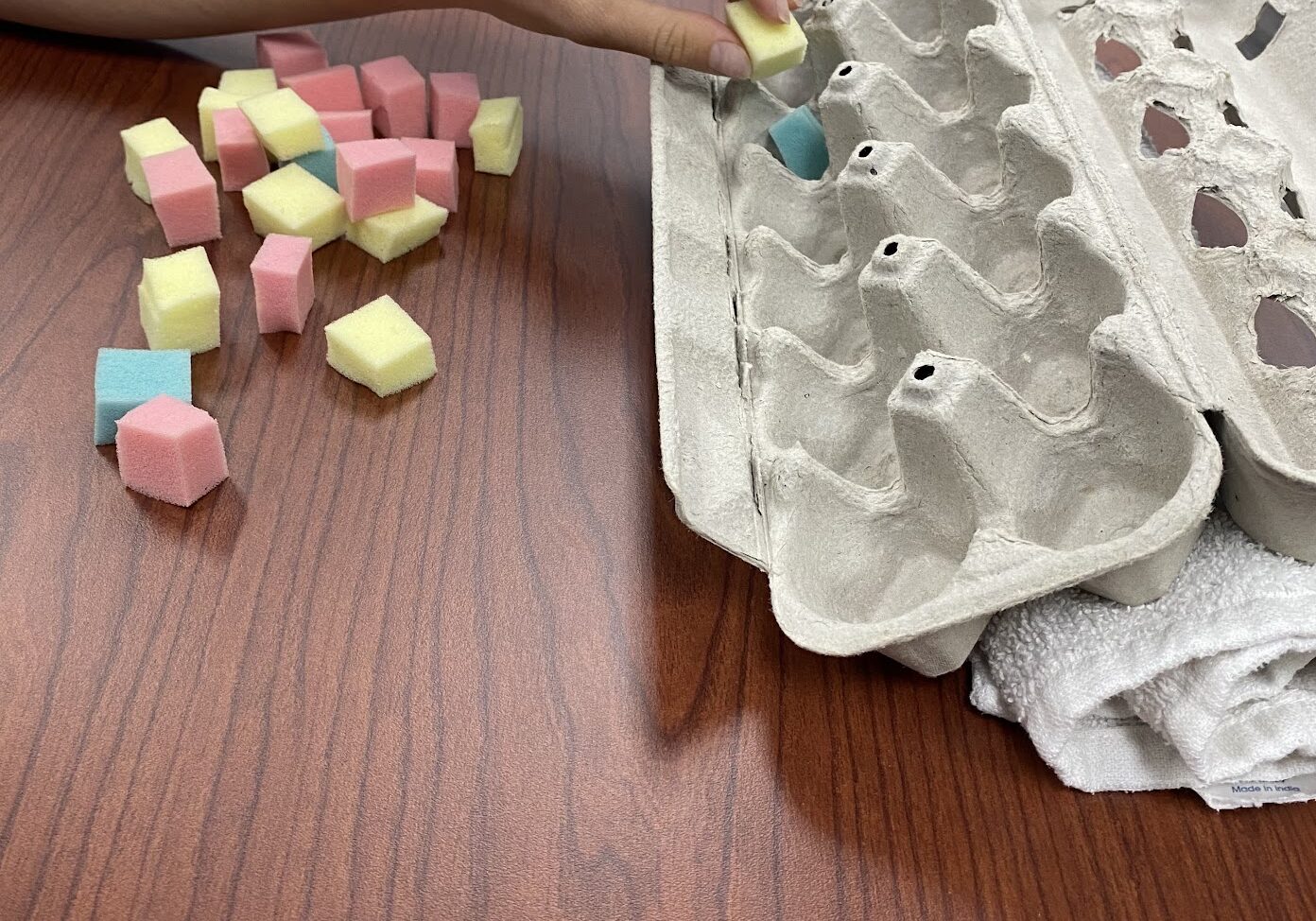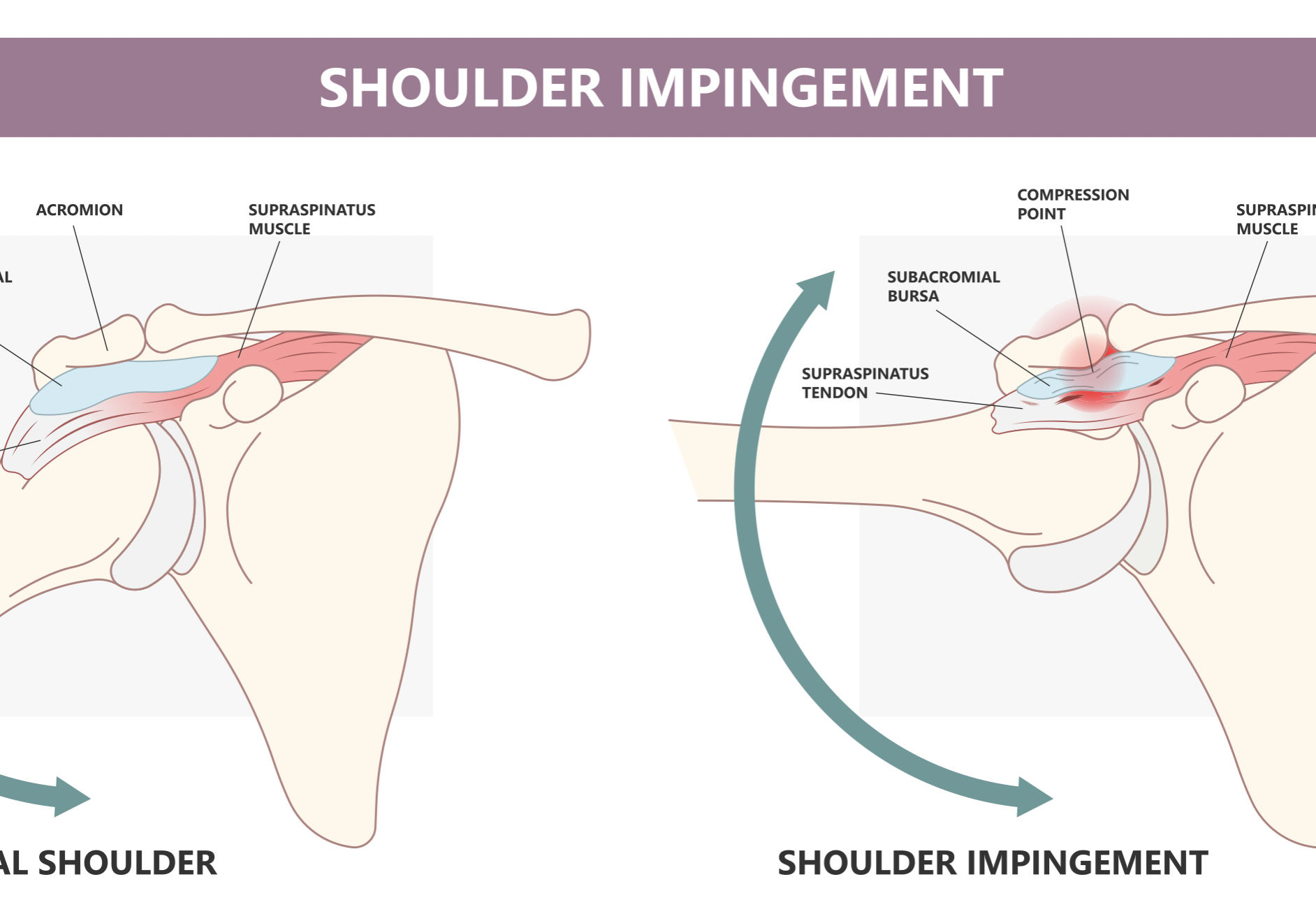What Are Occupational Therapy CEU Courses?
Occupational Therapy CEU (Continuing Education Unit) courses are specialized learning modules designed to help occupational therapists maintain, improve, and broaden their professional knowledge and skills. These courses are often mandated by state licensing boards to ensure therapists stay updated on best practices, legal standards, and innovations in therapy.
Definition and Purpose
CEUs are standardized credits used to quantify time spent on educational activities. For most occupational therapists, completing CEUs is not just a professional recommendation—it’s a licensing requirement. One CEU generally equates to 10 hours of participation in an approved program.
Who Needs CEUs in Occupational Therapy
- Licensed Occupational Therapists (OTs): To renew their license every 1–2 years.
- Occupational Therapy Assistants (OTAs): Often have similar or slightly fewer requirements.
- New Graduates: CEUs can enhance resumes and demonstrate initiative.
- OTs Returning to Work: After a career break, CEUs help in skill refreshing.

Why Continuing Education is Crucial for OTs
Staying Updated with Industry Standards
The healthcare landscape evolves rapidly. Continuing education helps therapists stay current with:
- New treatment protocols
- Evidence-based practices
- Emerging therapeutic technologies
Enhancing Clinical Competence
Courses offer in-depth knowledge in specialties such as pediatrics, geriatrics, neuro-rehabilitation, and mental health—boosting hands-on expertise and decision-making.
Legal and Licensing Requirements
Each U.S. state mandates a specific number of CEUs per renewal cycle. Failing to meet these can result in:
- Fines
- Delayed license renewal
- In extreme cases, license suspension
How to Choose the Right Occupational Therapy CEU Courses
Accreditation and Approval Bodies
Always verify that the course is:
- AOTA-approved
- State Board compliant
- From a recognized provider
Online vs. In-Person Options
| Criteria | Online Courses | In-Person Courses |
| Flexibility | High | Low |
| Cost | Generally Lower | Generally Higher |
| Interaction | Limited | High |
Online CEUs have become the norm since the pandemic, offering 24/7 access and mobile learning.
Specialty-Specific Learning Tracks
If you’re focusing on areas like sensory integration, stroke rehab, or hand therapy, opt for niche modules to sharpen those skills.
Free and Low-Cost Occupational Therapy CEU Options
Webinars and Sponsored Sessions
Many professional organizations and healthcare companies sponsor free webinars that qualify for CEU credits. Watch for limited-time offerings through AOTA, MedBridge, and universities.
Non-Profit and Government Resources
Some state governments, rehabilitation centers, and non-profits offer free CEUs to improve workforce skills, especially in underserved communities.
CEU Requirements by State: What You Need to Know
Differences Across the U.S.
Each state has unique CEU requirements. For example:
- California: 24 CEUs every 2 years
- Texas: 30 CEUs every 2 years, with specific ethics content
- Florida: 26 CEUs including a 2-hour HIV/AIDS course
Always check your State Licensing Board for updates.
How to Track and Report CEUs
- Use online trackers like CE Broker or state board portals.
- Maintain digital copies of your certificates.
- Record the title, date, and provider of each course for audits.
How to Maximize Your CEU Learning Experience
Combining Theory with Practice
To retain new knowledge:
- Apply what you learn in real patient scenarios.
- Participate in role-playing exercises or simulations.
- Join peer study groups or discussion boards.
Setting Learning Goals
Define clear objectives for your CEU journey:
- “I want to become an expert in sensory integration.”
- “I aim to build leadership skills for future management roles.”
How Many CEUs Do OTs Need Per Year?
Typical Annual Requirements
Most states require 12 to 30 CEUs every one or two years. However, some accept rolling credits and allow carry-over hours.
Renewal Deadlines and Penalties
Failing to submit CEUs on time can result in:
- License expiration
- Reinstatement fees
- Retaking of licensing exams in extreme cases
Always mark your calendar well in advance!
Career Benefits of Completing CEU Courses
Promotion and Salary Growth
CEUs demonstrate initiative and mastery, which are attractive to employers and supervisors. Therapists with advanced certifications or specialties often earn higher salaries.
Leadership and Specialization Opportunities
CEUs can prepare you for:
- Leadership roles (e.g., clinical supervisor)
- Specialized credentials (e.g., Certified Hand Therapist – CHT)
- Academic and training positions
Challenges and How to Overcome Them
Balancing Work, Life, and Learning
Use these strategies:
- Dedicate 30 minutes daily to study
- Choose mobile-friendly platforms
- Take courses during lunch breaks or commutes
Finding Time for CEUs
Batch your learning:
- Complete several short courses over a weekend
- Schedule CEUs during slower months or holidays
How to Track, Store, and Submit CEU Certificates
Digital Tools and Apps
Use platforms like:
- CE经纪人
- MyOTLicense
- Google Drive/Dropbox
These help you store, organize, and access CEUs when needed.
Audit-Proof Documentation Tips
- Save PDF certificates immediately after course completion.
- Label each file clearly with date, provider, and title.
- Back up your data on the cloud.
Future Trends in Occupational Therapy Continuing Education
微学习
Short, digestible videos and modules that can be completed in 10–15 minutes are gaining popularity, especially among mobile learners.
AI-Powered Personalized Learning Paths
Advanced platforms now offer adaptive learning that suggests courses based on:
- Your career goals
- Previous learning history
- Current job role
FAQs About Occupational Therapy CEU Courses
1. What counts as a CEU in occupational therapy?
Courses, webinars, seminars, and workshops approved by AOTA or your state board. For example, our CHT预备课程.
2. How often do I need to renew my license with CEUs?
Typically every 1–2 years, depending on your state.
3. Can I take all my CEUs online?
Most states allow online CEUs, but some require a portion to be live or in-person.
4. What happens if I don’t complete my CEUs in time?
Your license may be delayed, revoked, or fined until requirements are met.
5. Are free CEU courses valid?
Yes, as long as they’re from approved providers.
6. Do CEUs roll over to the next licensing period?
Some states allow this, but always verify with your state board.
Conclusion: Investing in Your Professional Growth
Continuing education isn’t just a requirement—it’s an opportunity. Choosing the right occupational therapy CEU courses empowers you to grow professionally, provide better patient care, and remain competitive in the healthcare field. In 2025, with so many accessible and specialized options, there’s no better time to invest in yourself.
更多阅读内容
手部治疗中的臂丛神经病案例
手部治疗中的臂丛神经病案例(神经丛病示例) 我们最近看到的一个病例是一名 13 岁的臂丛神经损伤患者。我们正在为患者进行肌腱移植术后检查,以增加其左上肢 (LUE) 的功能使用。手术前,他无法伸展手腕,并且……
阅读更多现代大规模生产中 UE 伤害的预防和管理
参考文献:Pitts, G.、Custer, M.、Foister, RD 和 Uhl, T. (2021)。手部治疗师在现代大规模生产工业环境中预防和管理上肢损伤方面的作用。《手部治疗杂志》,34(2),237–249。https://doi.org/10.1016/j.jht.2021.04.019 作者:Kaylen Kallander 概要:本研究包括四个案例研究,以确定……的影响
阅读更多肩痛:保守治疗的有效性
参考文献:Steuri, R.、Sattelmayer, M.、Elsig, S.、Kolly, C.、Tal, A.、Taeymans, J. 和 Hilfiker, R. (2017)。保守干预措施(包括运动、手法治疗和医疗管理)对成人肩部撞击症的有效性:随机对照试验的系统评价和荟萃分析。英国运动医学杂志,51(18),1340–1347。 https://doi.org/10.1136/bjsports-2016-096515 作者:Tayler Roost The Skinny:这项研究……
阅读更多注册即可直接将更新发送到您的收件箱!
注册我们,我们将定期向您发送有关手部治疗的所有内容的博客文章、每次上传新视频和教程时的通知,以及讲义、协议和其他有用信息。




